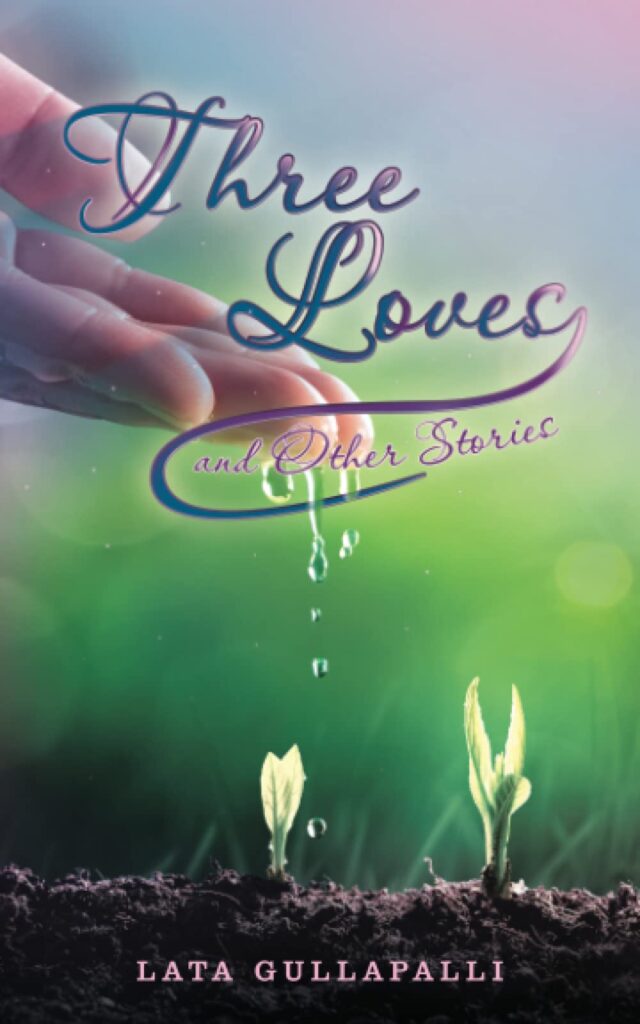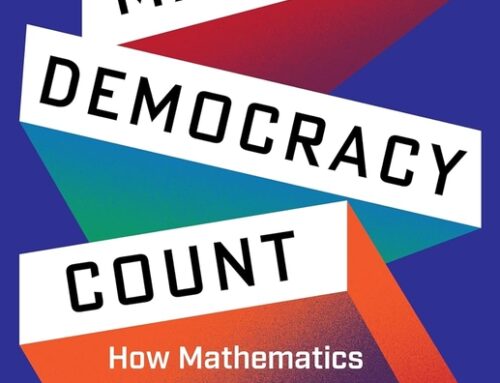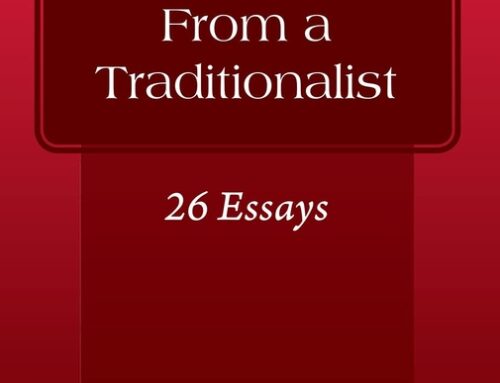 An emotionally astute short story collection about characters confronting relationship difficulties, Lata Gullapalli’s Three Loves and Other Stories is an intelligent book about the essential nature of spirituality and the process of making tough decisions.
An emotionally astute short story collection about characters confronting relationship difficulties, Lata Gullapalli’s Three Loves and Other Stories is an intelligent book about the essential nature of spirituality and the process of making tough decisions.
Gullapalli’s narrators are mostly women of Indian background, facing an important turning point in their work or personal lives. In the title piece “Three Loves,” Sia is a young woman who feels suppressed by her family’s regressive opinions on feminist issues, and she decides to move away, starting a new job and develops a relationship with a man named Matt. Eventually, her romance begins to sour, which leads Sia to valuable insights about mental health and wellness, expectations for intimate partners, and the consequences of maintaining positive religious energy and healthy detachment.
Many of the other stories in Three Loves have similar themes, like a couple who is trying to stick together through a long-distance job change, or a woman who’s coping with discrimination in both her workplace and her marriage. “Soul Energy” is an engaging story with a supernatural element that extends to life beyond death. The narrator befriends a woman with cancer who passes away, and the main character feels like the woman’s spirit is in contact from beyond the grave, making requests about her family. Eventually, with the help of an expert meditation guru, the narrator helps her friend’s ghost find freedom and peace.
In “The Yen of Happiness,” a skilled trader at a bank treasury is distracted by a beautiful woman at a café. The two end up befriending each other, and their relationship eventually takes a turn in a truly surprising direction, relating to work’s often invasive influence on our personal lives. “Restart” is another compelling, yet upsetting tale about a young brother and sister who are bullied for their skills at school. Their mom attempts to rectify the situation, but comes up against unjust officials who would rather cover up the incident than admit the truth.
Gullapalli’s collection intimately and empathetically explores the incredible pressures put on Indian women regarding marriage and family life, conveyed with great care and nuance. For the female main characters in these stories, marriage – often arranged – tends to be the central aspect of their lives, whether they want it to be or not. Family members generally put women under intense scrutiny to get married and become a homemaker. Even if author Gullapalli’s female narrators have jobs, they’re expected to “have it all” by maintaining a perfect house and entertaining their husband – along with his friends and business associates – after work. What makes the collection so powerful is this quandary is by no means isolated to any one culture, making these stories at once culturally specific and universal, which is an impressive feat of storytelling.
Young women who aren’t yet married, like Sia at the beginning of “Three Loves,” start to experience and anticipate this kind of oppression early in their family lives. Ultimately, like Sia herself learns, this way of existence isn’t sustainable or conducive to contentment in the long term. While a collection with such loaded themes could be driven more by messaging than story, Gullapalli commendably balances a vital perspective on women’s freedom with compelling and relatable tales – wherever you may live.
Ultimately, while these women’s stories are at times frustrating and will have readers trying to reach through the pages to change the characters’ situations, these stories are also hopeful. Three Loves and Other Stories succeeds at showing how it’s possible for people to transform their lives and turn things around for the good; even at the cost of a great life upheaval, productive change is worth the risk.
Available At


















Leave A Comment